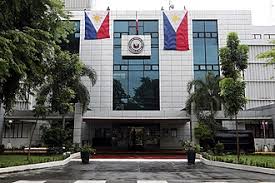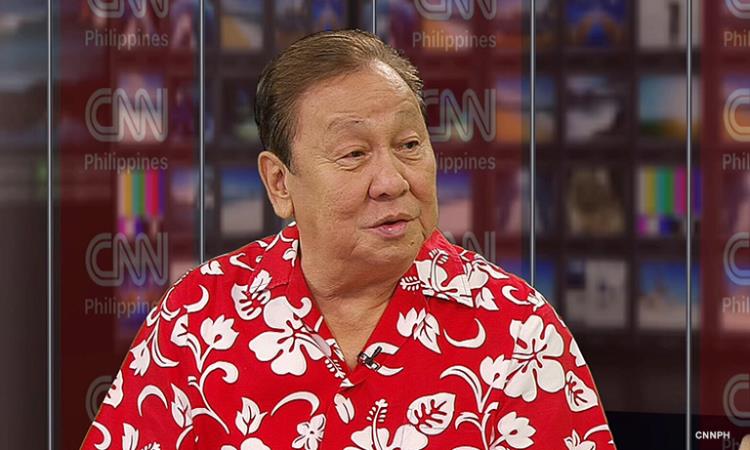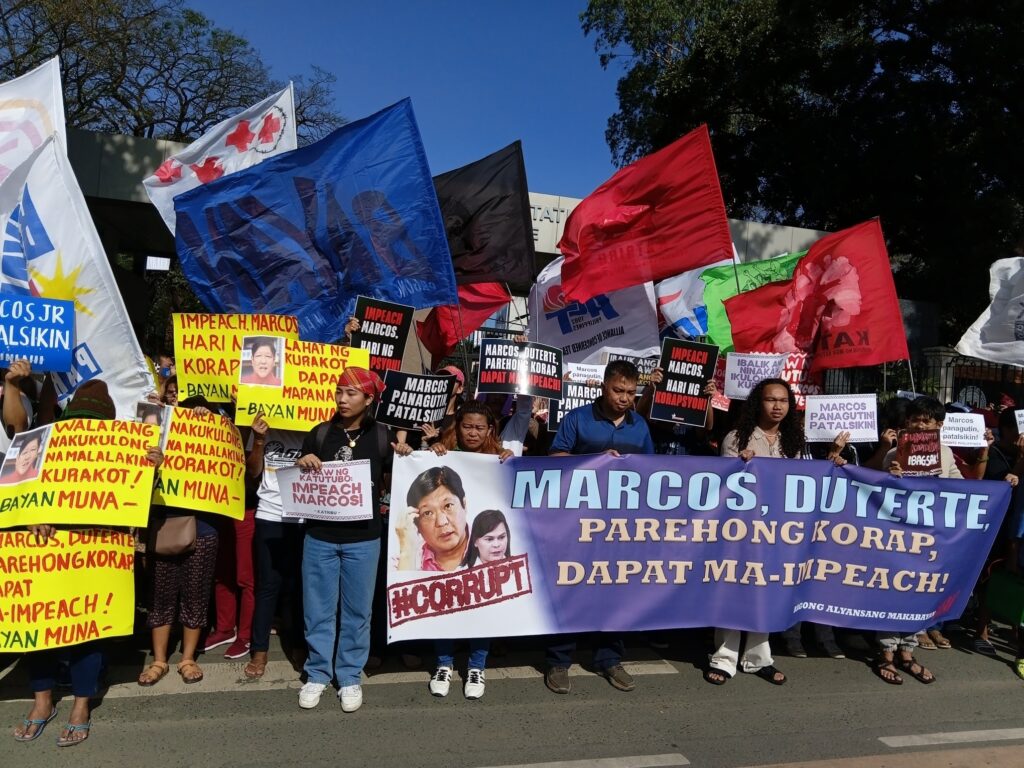The Department of Finance (DOF) has successfully hosted the Green Climate Fund’s (GCF) four-day mission to the Philippines, with the country set to benefit from the Fund’s new program grant worth USD 10 million to bolster the government’s readiness in addressing climate hazards.
The GCF is an international fund under the global climate treaty––the Paris Agreement under the United Nations Framework Convention on Climate Change (UNCCC)––created to support low-emission development and climate resilience projects in developing countries.
As the country’s National Designated Authority (NDA), the DOF hosted the GCF’s four-day mission (May 7 to 10, 2024) to the Philippines to bolster its access to climate finance, promote locally-led adaptation, catalyze sustainable development initiatives, and mitigate the adverse impacts of climate change across the archipelago.
Among the highlights of the visit was a meeting between GCF leaders and Finance Secretary Ralph G. Recto on May 9, 2024 to further explore more areas of collaboration.
During the meeting, GCF Director Velasquez announced a new program that can make possible grant support of USD 10 million to the Philippines in order to bolster the government’s readiness in addressing climate hazards, in addition to ongoing GCF programs.
Under the stewardship of the DOF, the grant will accelerate the implementation of climate-resilient projects in the sectors of agriculture, energy, biodiversity conservation, environment, transportation, and waste, among others, in collaboration with the Philippines’ Direct Access Entities (DAE) to the GCF––the Land Bank of the Philippines (LBP), Development Bank of the Philippines (DBP), and as candidate DAE, Foundation for the Philippine Environment (FPE).
The People’s Survival Fund (PSF), which champions adaptation, risk financing, and loss and damage implementation at the local level, is being considered to harness the potential of the grant.
Secretary Recto expressed his gratitude for the grant, underscoring the importance of collective action in ensuring a resilient and sustainable future for the generations to come.
“It is our desire that this partnership with the GCF will deliver a powerful message and serve as a promising model to the international community in striking collective action in addressing climate change. The projects that will be developed with the GCF will not only have a lasting impact on our local communities but also globally in building a more secure and sustainable world,” Secretary Recto said.
The Philippines currently serves on the GCF Board with Undersecretary Maria Luwalhati C. Dorotan Tiuseco as an Alternate Board Member, representing the developing countries of the Asia Pacific.
The DOF oversees the country’s access to the climate fund and coordinates with the Climate Change Commission (CCC), National Economic and Development Authority (NEDA), Department of Environment and Natural Resources (DENR), and other relevant government agencies on programs and projects submitted by the national and international proponents to ensure that they are aligned with the country’s interests, priorities, and commitments.
During the four-day event, the GCF underscored its comparative advantage over other international funds and development banks due to its diverse financing options, which include grants, highly concessional loans, and innovative financial instruments like insurance, equities, and guarantees.
The Philippines currently receives funding from GCF for two single-country and six multiple-country projects, and five readiness grants valued at USD 139.9 million.
Meanwhile, four priority project proposals are in the pipeline estimated at USD 188 million for GCF funding which will leverage at least USD 119 million worth of co-financing from the government and other partners.
“Through our partnership with the Department of Finance, we are committed to unlocking the full potential of climate finance in the Philippines,” GCF Director for Mitigation and Adaptation German Velasquez said.
“Our focus is on identifying and supporting projects that not only address climate challenges but also promote sustainable development and resilience,” he added.
The visit also provided an opportunity for the DOF to scale up the Readiness and Preparatory Support Programme (RPSP) to strengthen the Philippines’ capacity and knowledge on accessing the GCF.
Discussions also centered on private sector involvement in financing climate solutions, as well as employing innovative approaches and technologies in driving sustainable development.
Stakeholders were presented with several opportunities to engage in transformative projects that promise both climate, environmental, social, and economic benefits.
For its part, the DOF emphasized its commitment to fostering collaboration among government agencies, civil society organizations, and private sector stakeholders to enhance readiness and access to GCF.
GCF Private Sector Facility Deputy Director Soji Omisore, GCF Asia Pacific Regional Manager Diane McFadzien; GCF Marine Ecosystems Management Senior Specialist; and GCF Project Officer Eryn Gayle De Leon were present during the meetings.
Consultations were undertaken with officials and representatives from the Bureau of the Treasury (BTr); DENR; Department of Science and Technology (DOST); Department of Agriculture (DA); DOST-Philippine Atmospheric, Geophysical and Astronomical Services Administration (PAGASA); DBP; LBP; United Nations Development Programme (UNDP); Global Green Growth Institute (GGGI); FPE; Food and Agriculture Organization of the United Nations (FAO); the Institute for Climate and Sustainable Cities (ICSC); and The Climate Reality Project.(ANTONIO)




